An enduring conflict – 40 years since the Iran-Iraq War started
-
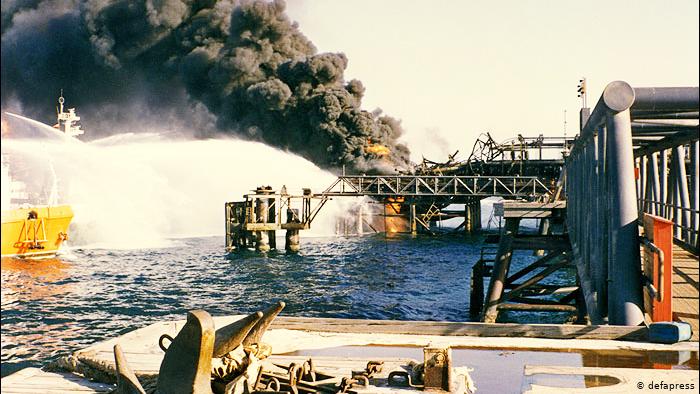
A territorial dispute: on 22 September 1980, Iraqi dictator Saddam Hussein sent troops into neighbouring Iran, starting an eight-year-long deadly war that killed thousands of people. The conflict started with a territorial dispute between the two Shia majority countries -
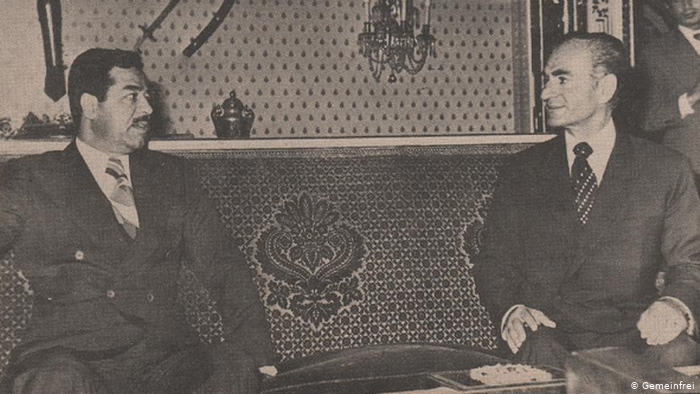
The Algiers accord: five years earlier, in March 1975, Hussein, then Iraq's vice president, and the Shah of Iran signed a deal in Algiers to settle the border dispute. Baghdad, however, accused Tehran of plotting attacks and called for the evacuation of three strategic islands in the Strait of Hormuz, claimed by both Iran and the UAE -
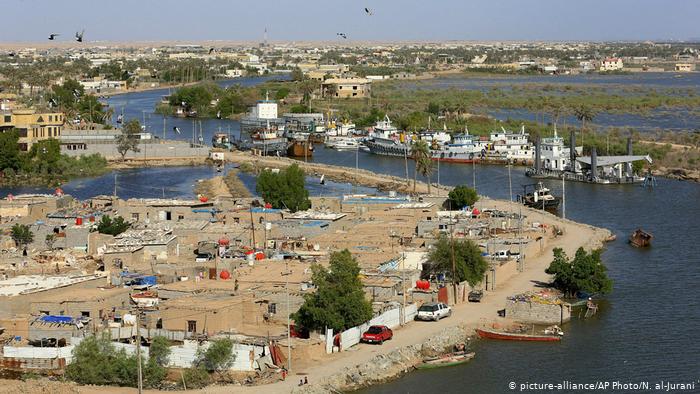
A key water source: On 17 September 1980, Baghdad declared the Algiers accord null and void and demanded control of all of the Shatt al-Arab – a 200-kilometre-long river formed by the meeting of the Tigris and the Euphrates, which flows into the Gulf -
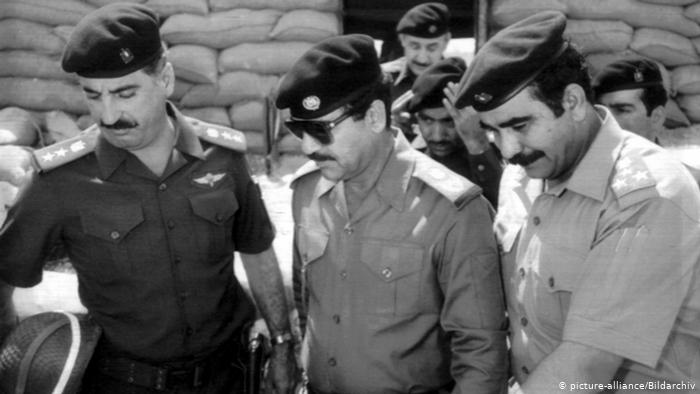
Bombing of ports and cities: Hussein's forces bombed Iranian airports, including the one in Tehran, as well as military facilities and Iran's oil refineries. Iraqi forces met little resistance in the first week and seized the towns of Qasr-e Shirin and Mehran, as well as Iran's southwestern port of Khorramshahr, where the Shatt al-Arab meets the sea -
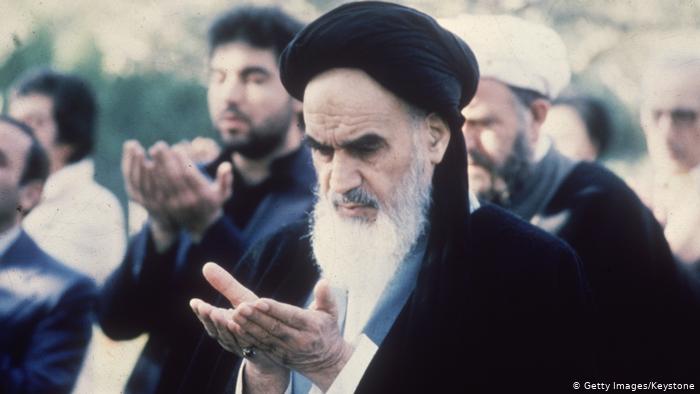
Common enemy: many Gulf countries, including Saudi Arabia and Kuwait, backed Baghdad in the war against Iran, fearing that the Islamic Revolution spearheaded by Iran's Ayatollah Khomeini could influence the Shia population in the Middle East. Western countries, too, supported Baghdad and sold weapons to Hussein's regime -
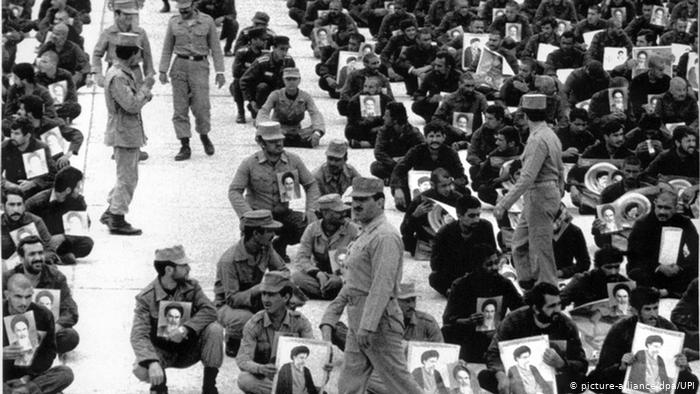
Iran pushes back: Iran's counterattack took Iraq by surprise, as Tehran managed to take back the control of the Khorramshahr port. Baghdad announced a ceasefire and pulled back troops, but Tehran rejected it and continued to bomb Iraqi cities. From April 1984, the two sides engaged in a "war of the cities", in which some 30 cities on both sides were battered by missile attacks -
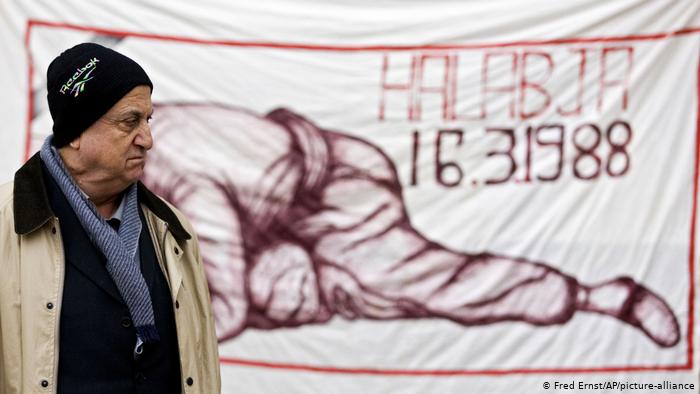
Chemical weapons: one of the sad climaxes of the Iran-Iraq War was Baghdad's use of chemical weapons on Iran. Tehran first made the accusation in 1984 – confirmed by the UN – and then again in 1988. In June 1987, Iraqi forces dropped poison gas canisters on the Iranian town of Sardasht. In March 1988, Iran claimed that Baghdad used chemical weapons against Iraqi citizens in the town of Halabja -
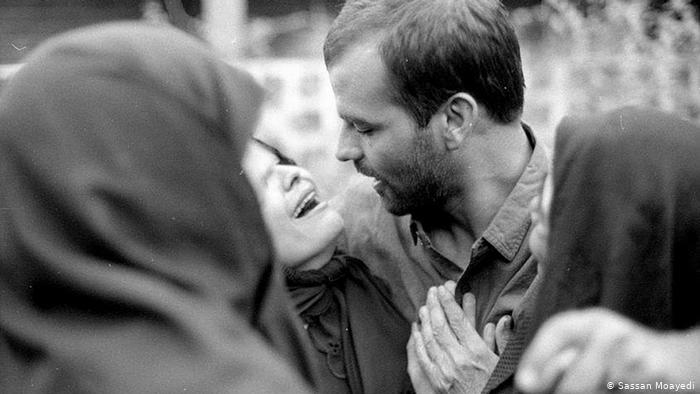
Truce: on 18 July 1988, Khomeini accepted a UN Security Council resolution to end the war. While the exact number of those killed in the war is not known, at least 650,000 people died during the conflict. A ceasefire was declared on 20 August 1988 -
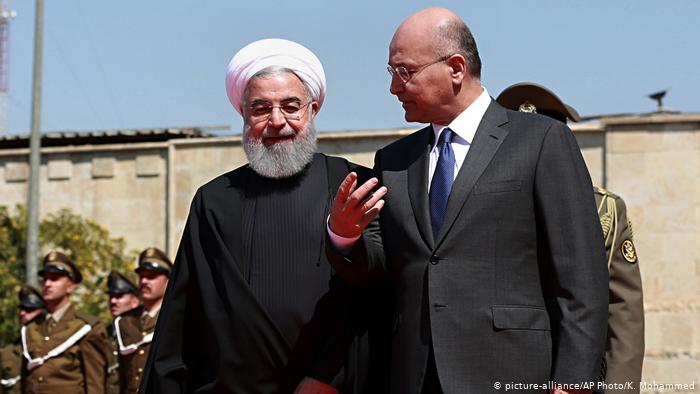
A new chapter: the toppling of Hussein's regime by the U.S. in 2003 ushered in a new era in the Middle East. Relations between Iraq and Iran have improved since then and the two countries increasingly co-operate economically, culturally and socially
https://qantara.stage.universum.com/en/node/8202
Link
To all image galleries